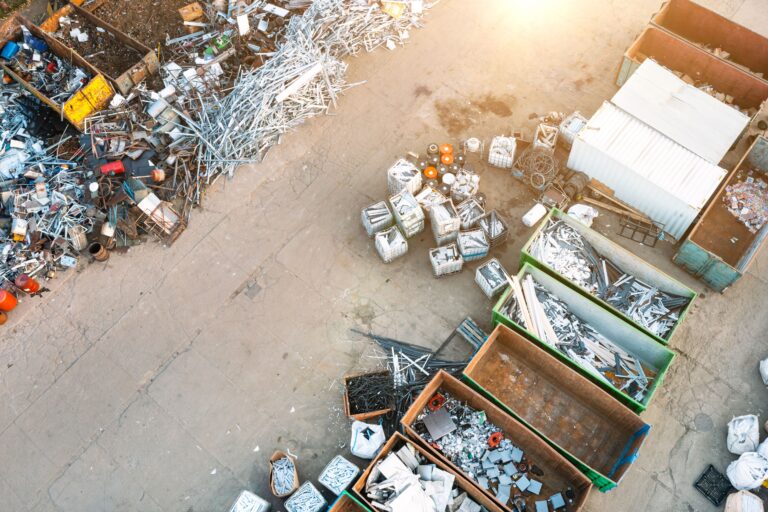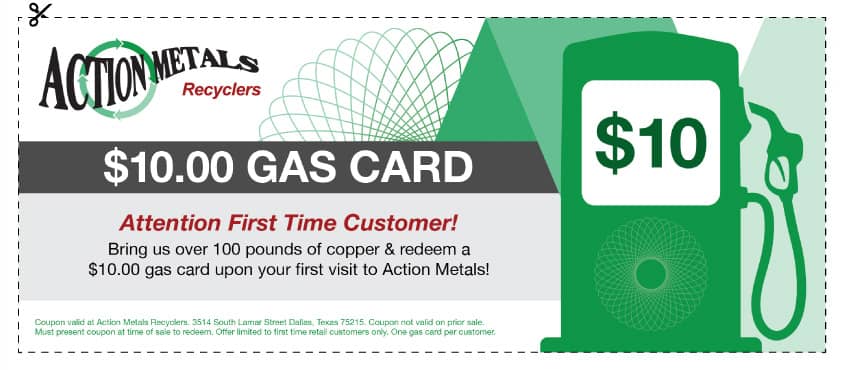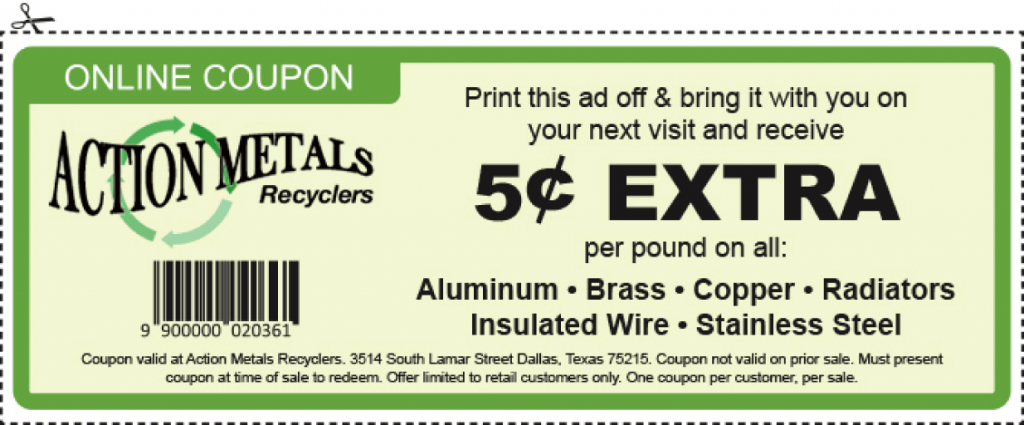At Action Metals in Dallas, we’re passionate about the positive impact of scrap metal recycling. It’s a powerful way for all of us to contribute to a healthier environment and even put some extra money in our pockets.
To ensure the process is safe, efficient, and yields the best possible results, there are certain things you should avoid when preparing and bringing in your scrap metal. Let’s quickly walk through the five key things you absolutely shouldn’t do when participating in metal recycling.
1. Don’t Bring Hazardous Materials Mixed with Your Scrap Metal
This is paramount for the safety of everyone involved and the integrity of the recycling process. Hazardous materials can contaminate other scrap metal, making it unusable, and more importantly, they can pose serious health risks.
Items like paint cans (especially with wet paint), aerosols, batteries (unless specifically designated for recycling), fluorescent light bulbs, and any containers holding chemicals or flammable liquids should never be mixed in with your regular scrap metal. These items often require specialized disposal methods.
At Action Metals, we can guide you on the proper handling of certain items if you’re unsure, but as a general rule, keep them separate from your recyclable metal. Improper disposal can lead to environmental contamination and put our team at risk.
2. Don’t Include Non-Metallic Materials Attached to Your Scrap Metal
While we appreciate you bringing in your scrap metal, the presence of excessive non-metallic materials can complicate the recycling process and reduce the value of your load. Things like plastic handles firmly attached to metal tools, rubber hoses still connected to metal pipes, large amounts of wood bolted to steel structures, or glass embedded in metal frames should be removed as much as reasonably possible.
While small amounts of these materials are often unavoidable (like the insulation on some wires), large quantities require extra time and effort for us to separate, which can affect the grading and pricing of your metal recycling. Taking the time to dismantle and separate these materials at home will not only make the process smoother for us but could also potentially increase the value you receive for your scrap metal.
3. Don’t Attempt to Recycle Stolen Materials
This should go without saying, but it’s a crucial point. Reputable scrap metal recyclers like Action Metals work closely with law enforcement to prevent the recycling of stolen goods.
Bringing in materials that you do not legally own can lead to serious legal consequences for you. We have protocols in place to identify suspicious items and report them to the authorities. We believe in ethical and responsible metal recycling, and that includes ensuring the materials we process have been obtained legally. It’s simply not worth the risk.
4. Don’t Mix Different Types of Scrap Metal In Large Quantities
While we can certainly sort and process all types of scrap metal that come through our doors, if you’re bringing in a significant quantity, especially from a commercial or industrial source, taking the time to sort different types of metal recycling can be beneficial.
For example, separating your aluminum from your steel, or keeping your copper pipes distinct from your brass fixtures, can streamline the process and potentially lead to more efficient processing and better pricing.
While we don’t expect homeowners bringing in smaller loads to meticulously sort every piece, for larger volumes, understanding the different grades of scrap metal and keeping them separate can be advantageous for everyone involved in the metal recycling chain.
5. Don’t Ignore Safety Precautions When Handling and Transporting Scrap Metal
Your safety is just as important as the safety of our team. Scrap metal can often be heavy, sharp, and unwieldy. When handling and transporting metal for recycling, always wear appropriate protective gear such as gloves and sturdy shoes. Be mindful of lifting heavy items correctly to avoid injury. Secure your load properly in your vehicle to prevent shifting or falling during transport, which could pose a danger to yourself and others on the road.
When you arrive at Action Metals, our team will guide you on the safest way to unload your scrap metal. Following these simple safety precautions ensures a smooth and incident-free experience for everyone involved in the scrap metal recycling process.
Recycling Right for a Better Outcome
By avoiding these five common mistakes, you can make your scrap metal recycling experience more efficient, safer, and ultimately more rewarding. At Action Metals in Dallas, we are committed to providing a reliable and environmentally responsible outlet for your metal recycling needs. By working together and following these guidelines, we can all contribute to a more sustainable future while maximizing the value of your scrap metal.
Ready to recycle your scrap metal the right way? Reach out to Action Metals today and we’ll talk through the best way to safely and efficiently recycle your metal. Let’s make metal recycling a positive experience for everyone!
FAQ | Frequently Asked Questions About Safe Scrap Metal Recycling
Q. What are some common hazardous materials that should never be mixed with scrap metal?
Common hazardous materials include paint cans (wet), aerosols, batteries (non-recyclable types), fluorescent light bulbs, and containers holding chemicals or flammable liquids. These require specialized disposal.
Q. Why is it important to remove non-metallic materials from scrap metal?
Excessive non-metallic materials complicate the recycling process, require extra separation effort, and can reduce the value of your scrap metal load. Removing them helps streamline the process.
Q. What happens if someone tries to recycle stolen metal at Action Metals?
Action Metals works closely with law enforcement and has protocols in place to identify and report suspicious materials. Attempting to recycle stolen goods can lead to serious legal consequences.







